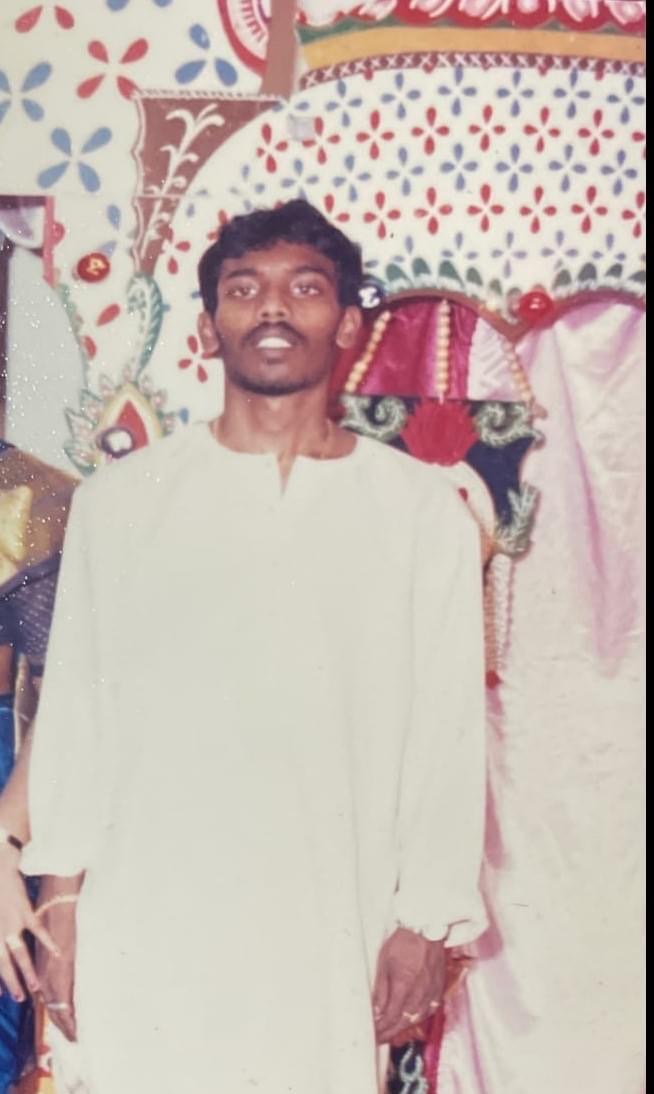
Photograph courtesy of Transformative Justice Collective
Singapore hanged Tanagaraju Suppiah over drug smuggling charges despite global pleas for clemency to be exercised.
The 46 year old was convicted and sentenced to death in October 2018 for abetting by conspiracy to traffic 1,017.9g of cannabis from Malaysia to Singapore, a country that has received widespread criticism over its harsh drug laws. Tanagaraju was arrested in March 2014 after he was tied to the offence by two phone numbers found on the mobile phones of two men arrested by the Central Narcotics Bureau, one of which had been used to coordinate the cannabis delivery.
However, Tangaraju said he had lost one of the phones in 2013 and denied owning the second one.
Tangaraju's family and activists have also raised concerns over aspects of his case. At the time of arrest, Tangaraju was questioned by police without being accompanied by legal counsel and his requests for a Tamil interpreter during the questionning were denied.
Speaking to the Transformative Justice Campaign, Tanagaraju's sister Leelathevy said:
"Despite all our efforts, our struggle over the past many years for my brother to get a fair hearing, the government has shown no mercy. So many — regular people, human rights groups, overseas politicians and the EU delegation to Singapore — have raised their voice, saying it is unsafe to execute someone based on such flimsy evidence, and yet they went ahead.
So many questions remain unanswered. He didn’t get justice. We asked for so little — just for his life to be spared, his case to be re-opened. But they didn’t even seriously consider our pleas. There’s really no mercy."
The Singaporean government states that the death penalty is an effective deterrent against drug related crime.
Responding to the execution, Amnesty International's Deputy Regional Director Ming Yu Hah said that the "country’s highly repressive drug control law includes the mandatory death penalty which means that judges are not allowed to take into consideration possible mitigating circumstances at sentencing, including circumstances of the crime, background of the defendant or other factors relevant to the case.
"This is a punishment that Singapore’s neighbor Malaysia is in the process of fully abolishing to advance the protection of the right to life," Hah added.

